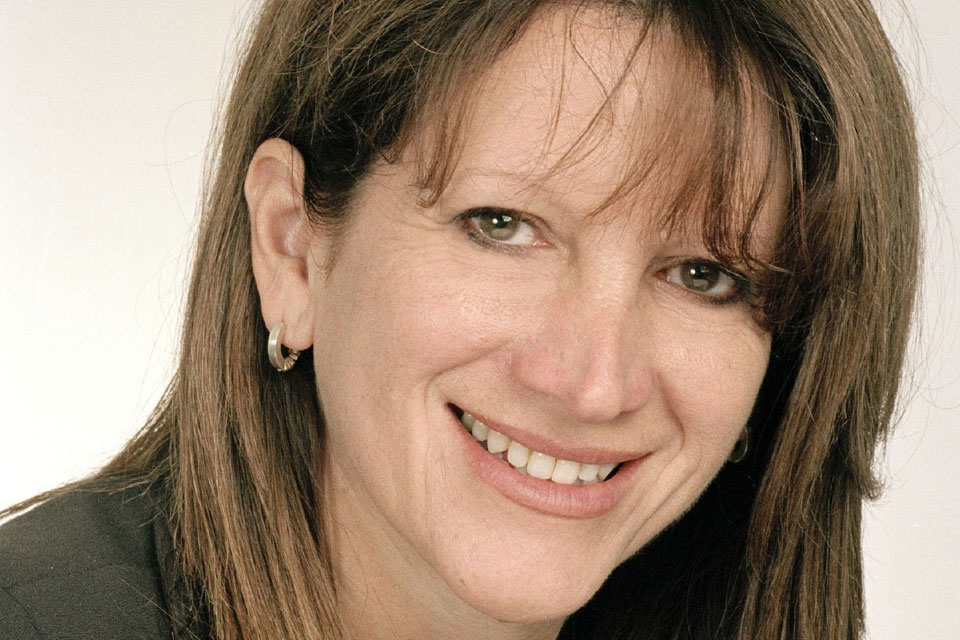Changing lives and changing minds
This speech was given by Equalities Minister Lynne Featherstone at a 20th anniversary reception for charity Changing Faces. The speech is checked against delivery.

I’m delighted to be here to support Changing Faces in celebrating 20 years of pioneering services, and campaigning on such an important issue that is often not given the attention it deserves.
The world is a different place than it was in 1992, when Changing Faces first came into being. I would like to say it has become more accepting and understanding of human diversity, but in some ways I feel like we’re going backwards.
Unlocking potential
One of my aims as Minister for Equalities is to unlock the potential of every person in the country and remove the barriers to people’s personal, social and economic participation.
And one of the most destructive prejudices that still remains, is around physical appearance. Many people in this room know only too well the damage that can be caused by this prejudice and the challenges that need to be overcome to break down that prejudice.
I started the body confidence campaign in government, because I believe that people should be valued for who they are, not what they look like.
We want people to understand human beauty as something we can all share in and enjoy, that beauty is about individual spirit and personality more than any fixed ideal of physical characteristics.
Teen pressure
Yet the last twenty years has seen our society moving in the wrong direction - valuing aesthetic qualities over all others like never before. Apparently it is now quite common for teenagers to photo-shop themselves in pictures before putting them on facebook.
How sad that these young people want to project an image to the world of a perfect face and body, instead of just piling into a photo booth - in the time honoured way - to capture a moment in which they and their friends are smiling and laughing and having fun.
Government campaign
So as part of the Government’s body confidence campaign, we are working with industry bodies, such as advertising and the media, to diversify the images we see around us to include all shapes and sizes, ages and ethnicities. We also want images to be more realistic rather than being air-brushed to an impossible degree.
We are working with educational organisations to give people the tools they need to challenge these images and understand the impact they can have on self-esteem. We launched a media literacy teaching pack for primary schools, in conjunction with Media Smart, and are soon launching a similar pack to help parents discuss this issue with their children.
Although it may seem churlish to compare anxious teenagers worrying that they don’t look like Cheryl Cole, to the challenges faced by people with disfigurements, I believe that this pressure stems from the same place and we need to tackle the root cause of our looks-obsessed society.
And one of the most important ways of doing this is to raise awareness and generate debate. We need to keep up the pressure on this issue, which I know Changing Faces continues to do.
Prejudice on the basis of people’s looks has deep roots in our culture, and too often it goes unchallenged and unremarked. We want to change that, so that people understand that when we indulge in that prejudice we are also attacking ourselves and undermining our ability to live comfortably in our own skins.
Changing lives
Changing Faces is at the forefront of that same movement, and is doing so much to change lives and change minds.
The emotional and practice advice and support they provide is a vital service which I’m sure many people here have used. They also provide important training to education and health professionals. And the campaigns Changing Faces run to raise awareness truly are cutting edge.
I am particularly excited about the ‘face equality in film’ campaign which I think is such an effective way to challenge people’s individual prejudices and assumptions about the characters they see in films. I am honoured to be here today to support you in that work.
Thank you.